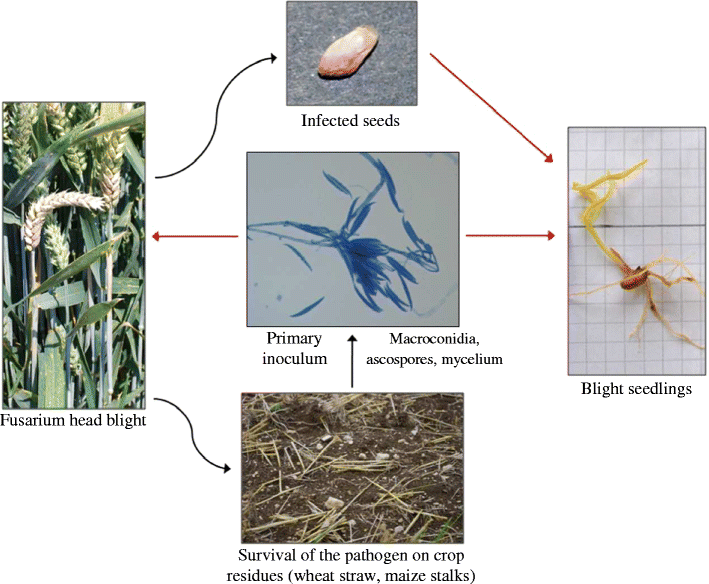
Introduction
The Commission de protection du territoire agricole du Québec (CPTAQ) plays a pivotal role in the preservation of agricultural land in Quebec. Established in 1978, the CPTAQ aims to protect the province’s arable land from urban sprawl and industrial development, ensuring that agriculture continues to thrive in the region. As Quebec faces increasing pressure for land use change due to urbanization and other factors, the relevance of CPTAQ has never been more pronounced.
What is CPTAQ?
CPTAQ is a governmental organization responsible for the enforcement of the Agricultural Land Protection Act. This act mandates that any changes in land use on agricultural territories must be reviewed and approved by the CPTAQ. The commission assesses applications for land use change based on various criteria, including the potential impact on agriculture, environmental considerations, and community needs.
Recent Developments
In recent years, the CPTAQ has handled numerous high-profile cases related to land use changes, particularly in regions experiencing rapid urban development like Montreal and Quebec City. The commission’s decisions have sparked debates among local communities, farmers, and developers, highlighting the complex balance between agricultural preservation and urban growth. In 2022, the CPTAQ took steps to refine its procedures to expedite the decision-making process while maintaining robust protection for agricultural lands.
Challenges Facing CPTAQ
Despite its efforts, the CPTAQ faces several challenges in achieving its mandate. The rise of real estate development pressures, increasing population density, and climate change pose ongoing threats to Quebec’s agricultural land. Additionally, many farmers are advocating for more support from the government to adapt to these challenges, aiming to improve their sustainability and productivity while complying with CPTAQ regulations.
Conclusion
The work of the CPTAQ is critical in safeguarding Quebec’s agricultural heritage and securing the future of farming in the province. As urbanization continues to encroach on farmland, the importance of the CPTAQ’s oversight will only grow. Stakeholders, including farmers, urban planners, and policymakers, must collaborate to find solutions that balance land development with the need to maintain agricultural productivity. Looking ahead, the CPTAQ’s role will be pivotal in navigating these pressures and ensuring that Quebec retains its agricultural land for generations to come.




